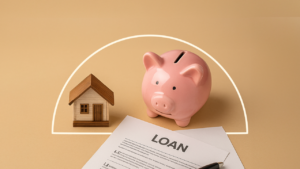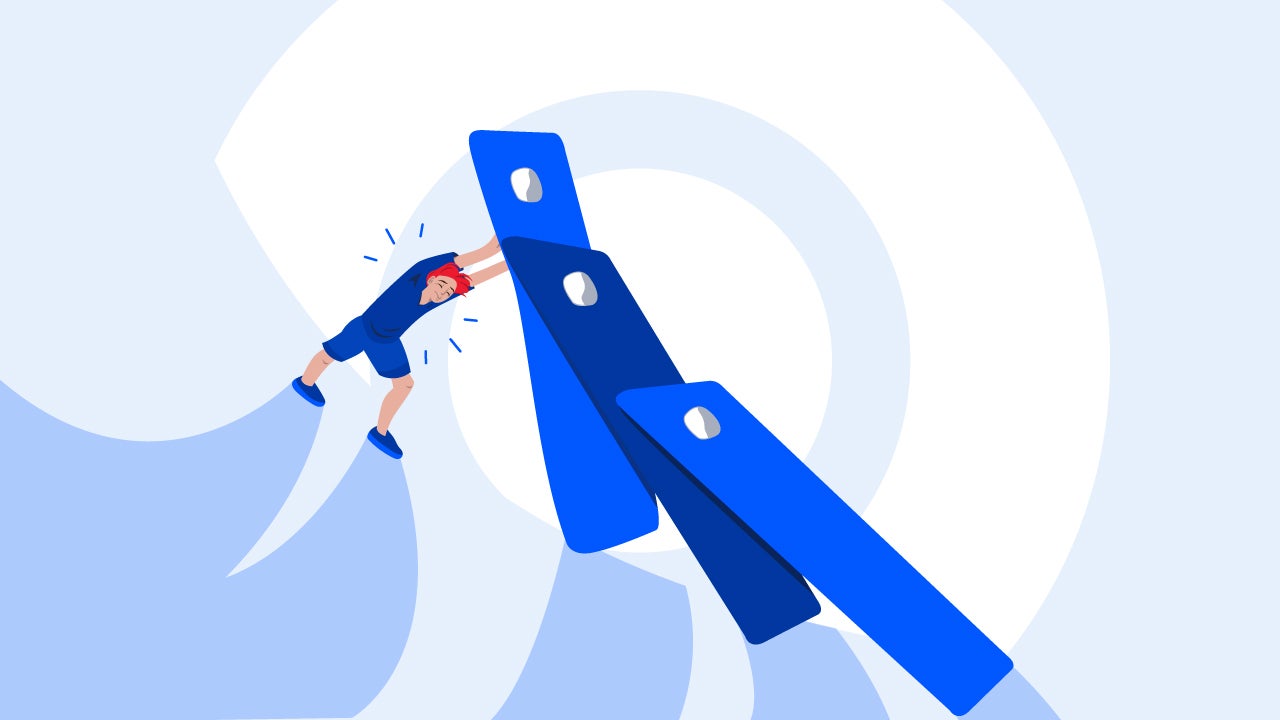How to pay off a debt in collections




Key takeaways
- Before paying a debt in collections, verify that it’s both legitimate and collectible to avoid scams or zombie debt.
- The Fair Debt Collection Practices Act (FDCPA) helps protect you from harassment and abuse by debt collectors.
- Negotiating a payment or settlement plan, especially in writing, can help you resolve debt while minimizing damage to your credit scores.
- Always document all communication and payments as evidence in case you need to file disputes in the future.
No one wants to receive a call from a debt collector. But if you’ve fallen behind on paying your credit cards, loans or bills, your account may be sent to collections.
Dealing with these debt collection companies can be stressful and embarrassing, but it’s more common than you think. In the first quarter of 2025, the U.S. hit $18.20 trillion in household debt, and the average delinquency rate rose to 4.3 percent — up 0.7 percentage points from the previous quarter.
Paying off your outstanding debts is important, but you want to do it the right way. A misstep here and there can result in you paying more debt than you owe, reopening zombie debt or exposing yourself to a scam.
1. Confirm the debt is yours
Before taking any action to pay off a debt in collections, verify the debt belongs to you. Gather all relevant information about the debt, including the amount owed, the original creditor and any other account facts.
If, after reviewing this information, you find that the debt is not yours, take steps to protect your credit and finances in case your identity has been stolen. You can dispute errors directly with the credit bureaus. If the debt doesn’t appear on your credit reports, you might have been targeted by a debt collection scam.
Keep copies of letters, emails, payment receipts and any agreements you make. Also note the dates of phone calls and what was said in the call. If you live in a one-party state, you could consider recording your phone conversations.
2. Check the statute of limitations
Each state has a statute of limitations determining the legal time limit within which creditors or debt collectors can sue you for an unpaid debt. Statutes for different types of debt range from as little as two years up to 10 years or more. Once the statute is up, you can’t be sued for the unpaid debt.
However, it’s important to know that you can reset the statute clock on old debt if you:
- Agree to pay.
- Get a bankruptcy discharge revoked.
- Make a new charge on the account.
- Make a payment.
Understanding how these statutes work is essential. They impact your legal obligations and rights regarding debt, so research the statute of limitations in your state to know your rights. Contact the collection company directly to request a debt validation letter, which will confirm its legal right to collect on your debt.
3. Figure out how much you can pay
You may have more debt than you can pay off in a reasonable timeframe. In that case, you may be able to negotiate with your creditors about how much and when you should pay. But first, you have to calculate how much money you can afford to commit to paying down your debts.
Start by reviewing your budget and seeing how much cash you can free up. Determine how much money you could contribute to a lump sum payment or monthly installment. Be realistic and don’t put yourself in a position where you need to take on more debt to pay off your existing debt.
4. Negotiate a settlement with the collector
Once you’re informed and have an idea of how much you can realistically pay, it’s time to contact the collector. Be prepared to discuss your financial situation honestly and weigh different repayment plans. Effective negotiation can often lead to a reduced amount or favorable payment terms, especially if you pay a lump sum up front.
Ask for a pay-for-delete agreement, or a removal for your credit report in exchange for payment. Very few collection agencies will agree, but it’s worth the ask. Be sure to get the agreement in writing and follow up until the item is deleted if you have luck with this approach.
For medical debt, contact your provider’s billing office. You may be eligible for hardship assistance or flexible repayment plans.
5. Set up a repayment plan
Once you’ve agreed on repayment terms, formalize the agreement in writing. Make sure these basic details are included:
- Payment amount.
- Payment schedule.
- Any additional terms or conditions.
A clear plan reduces misunderstandings and ensures both parties follow the agreement accurately. Be sure to stick to the schedule and send payments promptly. This demonstrates good faith and prevents further collection efforts.
For added security, consider paying online and saving your receipts — either as screenshots or PDFs — to create a digital paper trail. To pay online, first confirm the debt and request instructions from the collection agency. Most have secure portals where you can log in to make payments.
When you pay online, always:
- Verify the site’s legitimacy before entering payment info.
- Save digital receipts and confirmation numbers.
- Monitor your credit to ensure updates are reflected.
You can also mail a check or potentially make payments over the phone, depending on the collection agency. Document these payments as well in case you need them for future reference.
Bottom line
Debt in collections can take a toll on your finances and peace of mind, but you’re not powerless. By verifying the debt, knowing your rights and negotiating smartly, you can pay off collections while protecting your credit and avoiding scams.
Frequently asked questions
Why we ask for feedback Your feedback helps us improve our content and services. It takes less than a minute to complete.
Your responses are anonymous and will only be used for improving our website.




